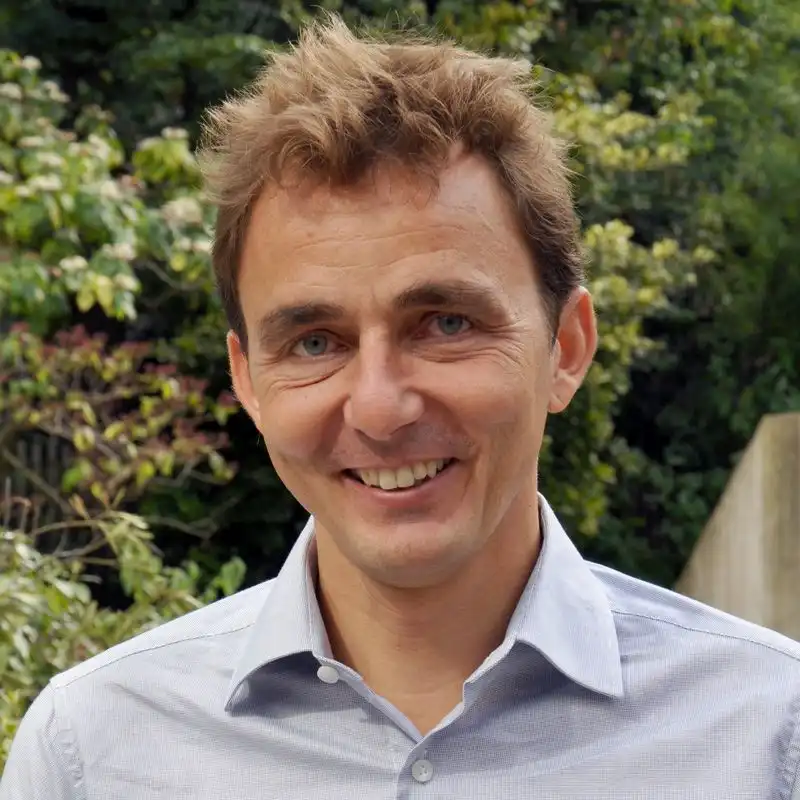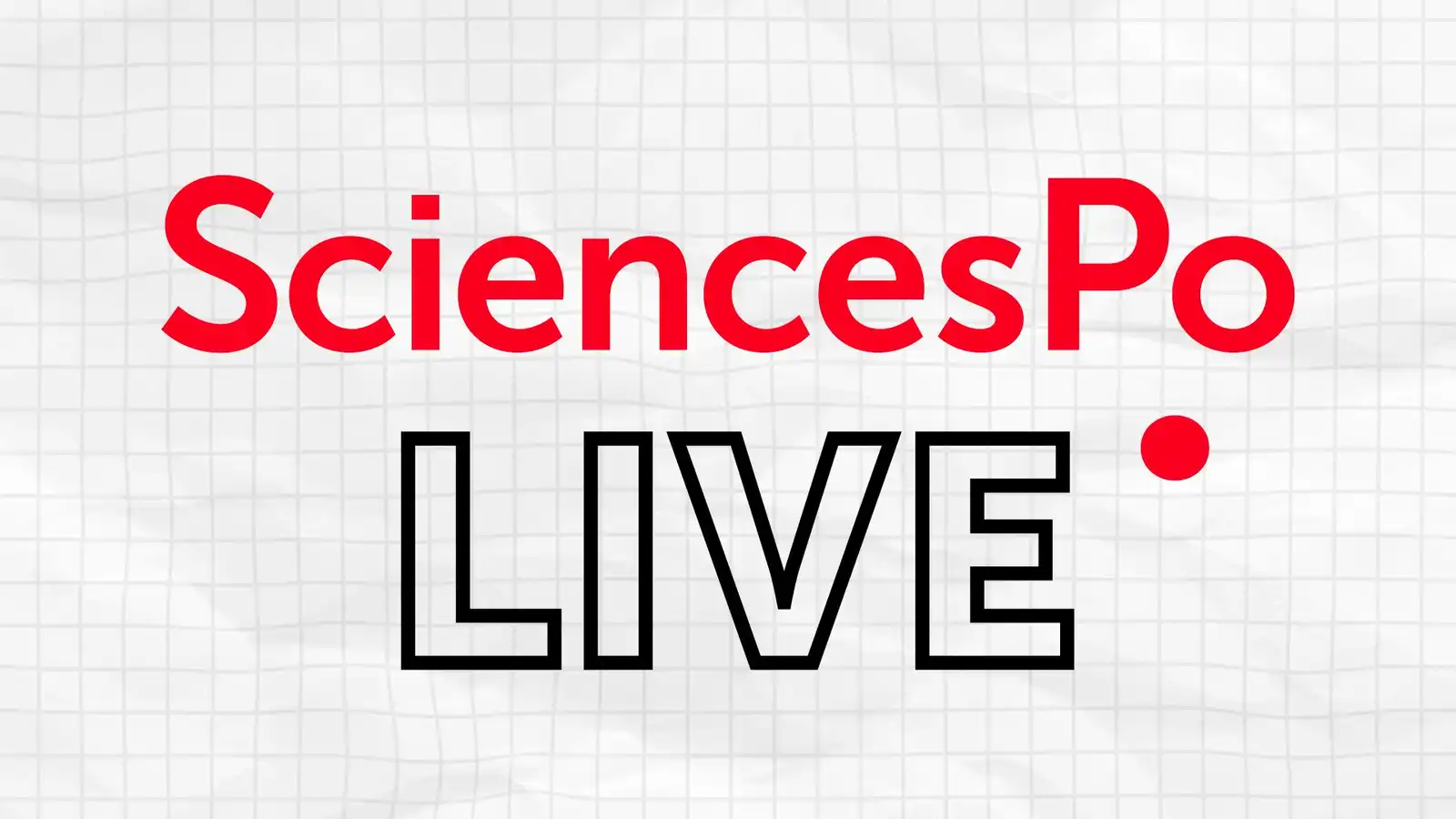
Home>Academics>Two-Year Master's Programmes>The 11 Policy Streams of the Masters>Master, Policy Stream: Economics and Public Policy
Master, Policy Stream: Economics and Public Policy
General Objective of the economics and public policy stream
In the policy stream “Economics and Public Policy” (EPP), you will be prepared to become a decision- maker in economic policy-making, both at the national, European and international levels. Students of the Economics and Public Policy stream gain rigorous analytical and professional skills, applied to a variety of public policies, from competition policy and regulation, monetary, financial and fiscal policy, economic development, to employment, social and environmental policy. This stream also provides the necessary multidisciplinary approaches to deal with economic policy problems with courses in political science, political economy, law, regulation, governance and management. Students receive professional expertise and practical skills through case-studies, capstones and elective coursework in specific fields of economic policies.
Programme of the economics and public policy stream
Our programme focuses on core courses in applied economic methods, economic policy, microeconomics and macroeconomics for public policy, behavioral policy, political economy, public budgeting and public finance.
It then provides various areas of specialization on:
- European competition policy;
- European economics challenges
- Growth and innovation policy;
- Banking, monetary and fiscal policy;
- Health;
- Employment and education;
- Social policy and inequality;
- Development economics, financing for development
- Sustainable development.
If you are interested in the Economics and Public Policy stream, please note that the following mathematical and economic concepts will be assumed to be acquired at the entrance to the M1:
- Calculus (definition of a function; limit and continuity; derivatives and differentials; static optimization; integrating a function; sums and series)
- Matrices (matrix calculation; matrix transpose and inversion)
- Statistics (sets; probabilistic models; conditional probabilities; discrete, continuous and normal random variables; covariance)
- Econometrics (ordinary least squares estimator)
- Microeconomics (envelope theorem; Shepard's lemma; Roy's identity).
Students have the option to take certain classes offered by the School of Research from their second semester onwards, if approved by the academic advisors and according to space available. Nevertheless, it is important to note that a doctoral dissertation cannot be pursued at the School of Public Affairs; candidats who wish to follow this path are invited to apply to the School of Research directly.
Specific courses of the economics and public policy stream
Within this inter-disciplinary context, core courses include :
- Public Economics
- Macroeconomics for Public Policy
- Economics and Law
- Behavioral Policy
- Evaluation of Public Policy
- Public Budgeting and Management
- Political Economy
- Applied economic methods
Course Programme of the economics and public policy stream
Master in Public Policy - Economics and Public Policy stream:
Master in European Affairs - Economics and Public Policy stream:
Career opportunities after the economics and public policy stream
Graduates from this policy stream pursue careers in a variety of fields related to economic policy making in governmental organizations, international organizations, public agencies, development agencies, European institutions. It also meets the needs of highly trained economists working in the private sector, for instance in banking, audits/consultancy, corporate sector, public-private partnerships, or non-governmental organizations.
Scientific advisors of the economics and Public policy stream

Roberto Galbiati - Researcher, National Center for Scientific Research (CNRS)
Roberto Galbiati's research is focused on the intersection between different social sciences and economics to understand the legal environment and how laws shape economic and social behaviour. He is published in major economics journals such as the Journal of Political Economy, the Economic Journal, the Journal of Public Economics and the American Economic Journal, among others. At Sciences Po he teaches courses in Law and Economics and in Social Economics.

Francesco Saraceno - Senior Economist, Deputy Director OFCE
Francesco Saraceno's main research interests include the relationship between inequality and macroeconomic performance, European macroeconomic policies, and the interaction between structural reforms and fiscal and monetary policies. He has published in the Journal of Public Economic Theory, the Journal of Economic Behavior and Organization, the Journal of Evolutionary Economics, and Structural Change and Economic Dynamics, among others. At Sciences Po he teaches courses on Economics of European Integration.
Contact
- Academic Advisor: Ongoing recruitment
- Academic Assistant: Laura Debard
